The Smart Coffee Cultivation Program is being implemented by Binh Dien Fertilizer Joint Stock Company in coordination with the National Agricultural Extension Center and the Central Highlands Agricultural and Forestry Science and Technology Institute in the Central Highlands provinces - Photo: VGP/Le Nguyen
What is smart coffee farming?
The Vietnamese coffee industry is facing many challenges, from climate change to unsustainable resource exploitation. To cope with these problems, the transition to the "Smart Coffee Farming" model is becoming an important solution. This is part of the modern agricultural cultivation trend, helping to improve production efficiency, while protecting the environment and increasing farmers' income.
Smart coffee farming is not a new concept, but has only recently gained attention as the impacts of climate change have become more apparent. The model aims to use more efficient farming methods through the application of advanced technologies and sustainable farming processes.
In the current context, smart coffee farming involves many important factors. First, coffee production must meet market demand in terms of quality, quantity and timing of supply. Next, the farming process must optimize natural conditions and adapt to climate change. Finally, the coffee processing and preservation process must increase product value, contributing to improving the quality of Vietnamese coffee in the international market.
Binh Dien Fertilizer Joint Stock Company has deployed 15 models of pure planting and intercropping with durian, pepper... in the Central Highlands provinces to study the impact of the intercropping system on coffee trees - Photo: VGP/Le Nguyen
The scientific basis of smart coffee farming
The "Smart Coffee Cultivation" program of Binh Dien Fertilizer Joint Stock Company will be implemented in the Central Highlands provinces from 2023, aiming to develop a cultivation process that helps improve the productivity and quality of coffee beans, while minimizing the negative impacts of climate change. Scientific and practical elements are included in the program, including overcoming soil limitations, saving irrigation water and researching intercropping systems with coffee trees.
One of the important factors that the smart coffee farming program focuses on is improving soil quality. Soil analysis results in the Central Highlands provinces show that the coffee growing soil here has a seriously reduced pH and base saturation, and some other indicators are also very low.
To overcome this, the program has implemented soil improvement solutions such as using the "Dau Trau soil balancing" product set, which helps to adjust pH and improve base saturation in the soil. These measures not only help improve soil quality but also contribute to protecting the living environment of coffee trees.
Water is an extremely important factor in coffee cultivation, but improper irrigation is causing great waste. According to research, on average, each kg of coffee beans requires 20.8 m3 of water, while rice only needs 3.5 m3/kg. The smart coffee cultivation program has applied water-saving irrigation technologies, helping to reduce the amount of water used. Applying water-saving irrigation processes helps reduce waste and at the same time contributes to protecting water resources.
Intercropping with coffee trees is one of the solutions to help improve the microclimate of coffee gardens. Intercropping with trees such as durian, pepper, avocado, and macadamia not only helps improve the shade for coffee but also helps protect the trees from extreme weather factors. The program has selected durian and pepper as typical intercropping plants for research, thereby providing optimal cultivation processes and techniques for this intercropping model.
The smart coffee farming program is always adjusted according to production practices as well as the needs of producers, to meet the requirements of sustainability, adaptation to climate change and the market - Photo: VGP/Le Nguyen
Smart farming for sustainable development
The program’s products are not only improved farming processes but also pilot models deployed in 450 farming households in the Central Highlands provinces with 15 models. These models will be evaluated and adjusted to suit production practices, meeting the requirements of sustainability, adaptation to climate change and markets.
The program is coordinated by the National Agricultural Extension Center and localities, so it is hoped that the results of the program will be quickly applied and replicated. This will help improve the quality of Vietnamese coffee products, while contributing to reducing greenhouse gas emissions and protecting the environment.
In recent years, Vietnamese coffee prices have grown strongly. In the 2024-2025 coffee crop, coffee prices were at their highest ever, reaching 5,850 USD/ton at one point. As of July 2025, Vietnam had exported 1.1 million tons of coffee, an increase of 66% over the same period. It is forecasted that in 2025, the coffee industry will export 1.5 million tons, with a turnover of 7.5 billion USD.
However, this also means that there may be a situation where investment exceeds the recommended level to achieve the highest yield, causing great pressure on current farming processes. Therefore, implementing a smart coffee farming program is necessary to help the coffee industry maintain sustainable and stable development in the future.
Smart coffee farming not only helps increase productivity and product quality but also contributes to environmental protection and climate change adaptation. This is a farming model that needs to be widely deployed in the Vietnamese coffee industry, with the support of organizations, businesses and local authorities. These efforts will help the coffee industry not only achieve sustainability but also increase its value in the international market, contributing to the overall development of the Vietnamese economy .
Associate Professor, Dr. Nguyen Van Bo
Chairman of the Science and Technology Council of Binh Dien Fertilizer Joint Stock Company
Source: https://baochinhphu.vn/canh-tac-ca-phe-thong-minh-dinh-huong-phat-trien-ben-vung-trong-boi-canh-bien-doi-khi-hau-102250918122607756.htm


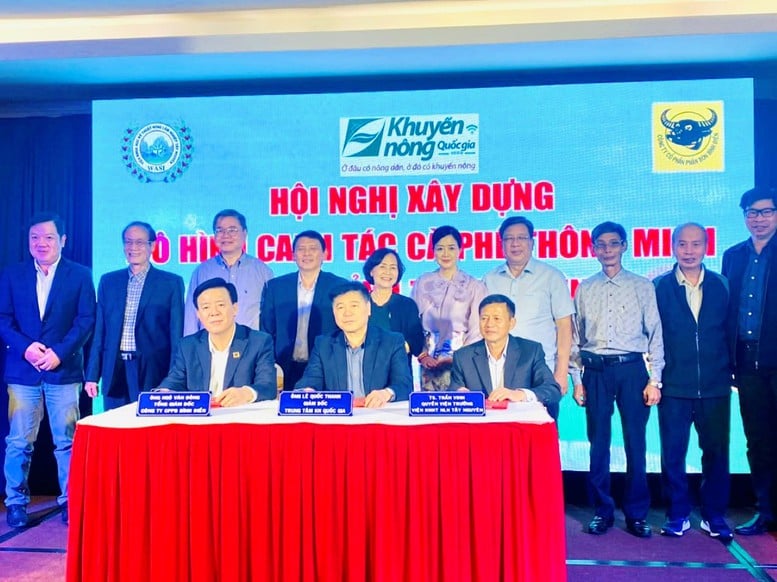
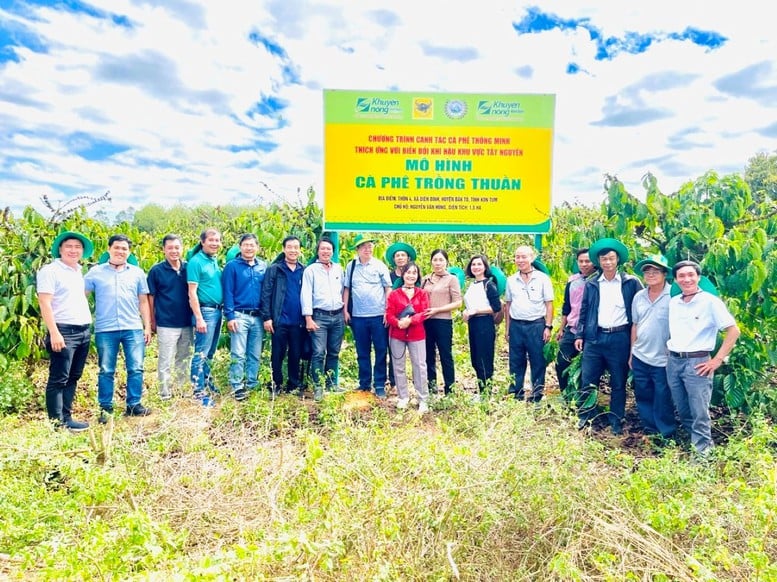
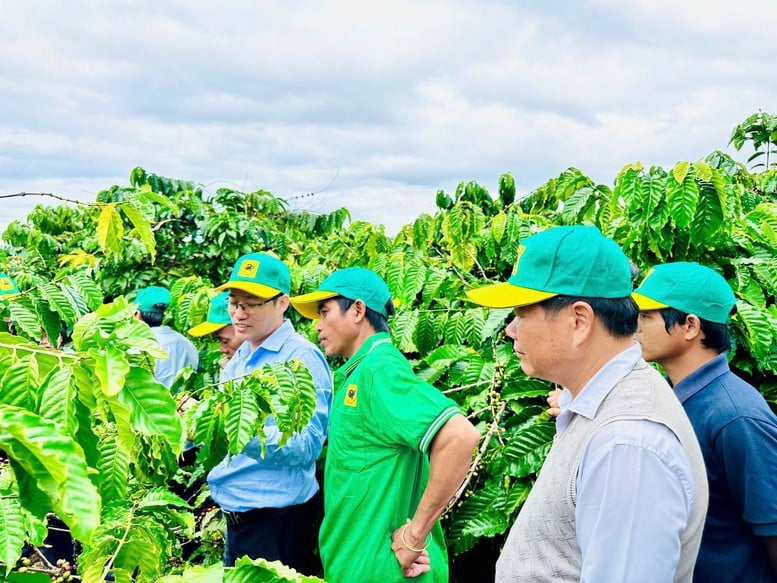



![[Photo] Students of Binh Minh Primary School enjoy the full moon festival, receiving the joys of childhood](https://vphoto.vietnam.vn/thumb/1200x675/vietnam/resource/IMAGE/2025/10/3/8cf8abef22fe4471be400a818912cb85)

![[Photo] Prime Minister Pham Minh Chinh chairs meeting to deploy overcoming consequences of storm No. 10](https://vphoto.vietnam.vn/thumb/1200x675/vietnam/resource/IMAGE/2025/10/3/544f420dcc844463898fcbef46247d16)


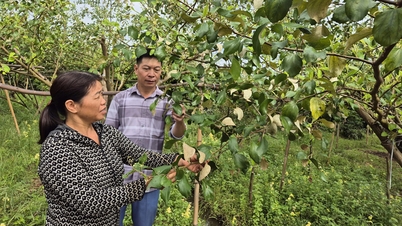

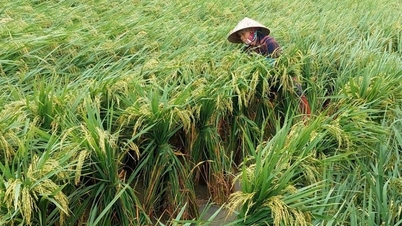



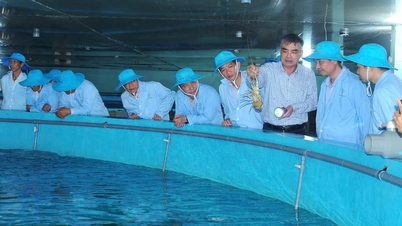




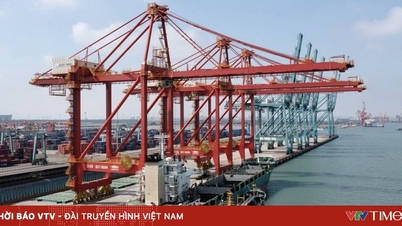

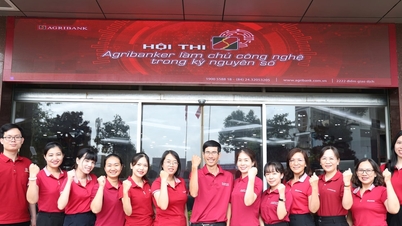

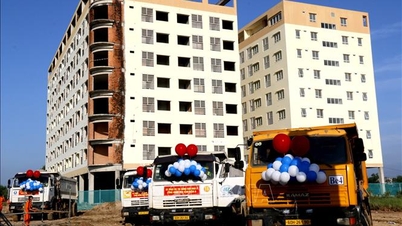

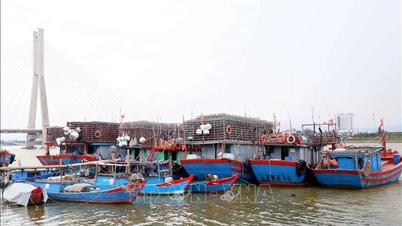
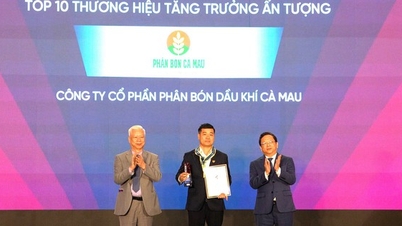




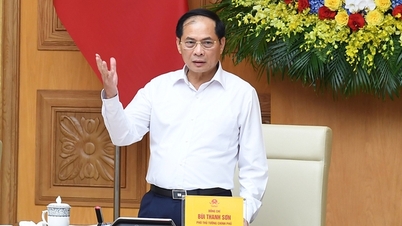

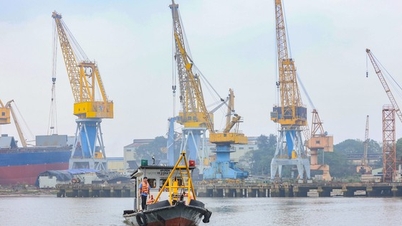

















































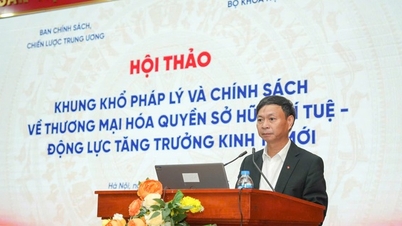

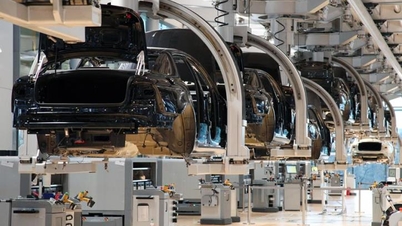
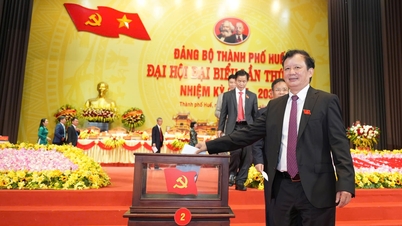


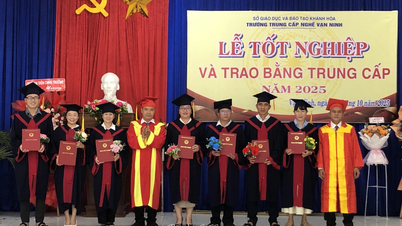



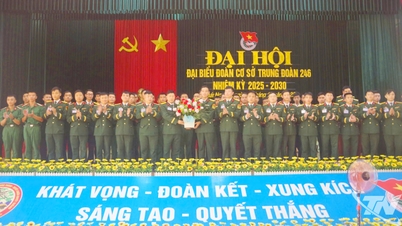












Comment (0)